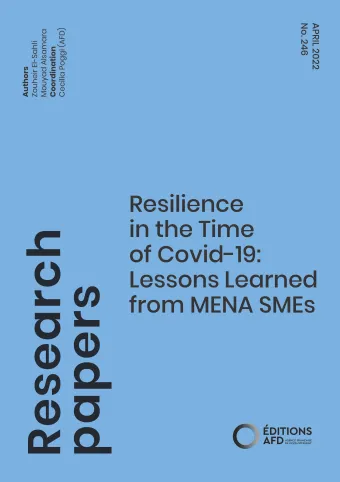Share the page
Resilience in the Time of Covid-19: Lessons Learned from MENA SMEs
Published on

We investigate the effects of the Covid-19 pandemic on small and medium-sized enterprises (SMEs) in four non-oil-exporting MENA countries (Jordan, Morocco, Tunisia, and Egypt). Using data from a recent enterprise survey, we highlight several new findings. MENA SMEs resorted to wage and work hours reductions more readily than layoffs in the wake of the pandemic. Within SMEs, larger firms are more resilient, recover faster, and adapt more often. On the sector level, the accommodation and food services sector is the worst affected in most outcomes. There is, however, clear recovery in Q2 (versus Q1) 2021 across sectors and countries. Furthermore, SMEs that switch to remote work are less likely to face closures, recover faster, and adapt more frequently, signaling higher resilience and adaptability. On the other hand, participation in government assistance programs does not improve firm outcomes, whereas firms that participate in international trade are more resilient and adaptable in the face of the shock. The results of the study carry very important policy implications to support SMEs in developing countries in time of extreme exogenous shocks.
Useful Information
-
Authors
-
Zouheir EL-SAHLI, Mouyad ALSAMARA
-
Coordinators
-
Edition
-
246
-
ISSN
-
2492 - 2846
-
Collection
-
Research Papers
